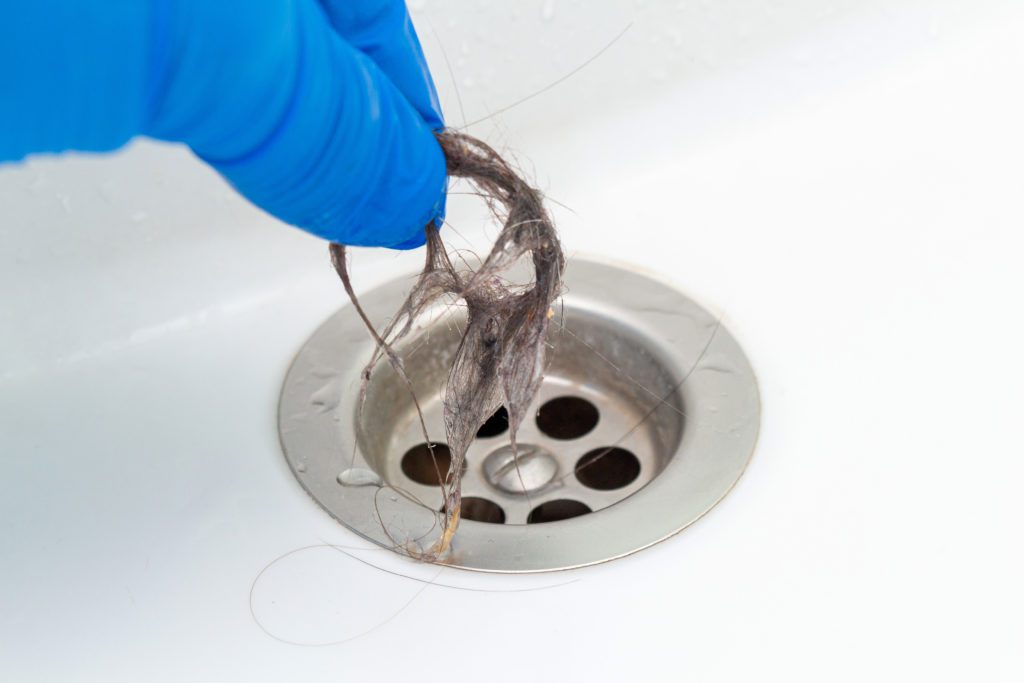A Guide to Maintaining Your Home’s Drains: The Do’s and Don’ts
Drains are the unsung heroes of our homes, responsible for whisking away waste and keeping our living spaces clean and sanitary. To keep things flowing smoothly, regular maintenance is essential. In this guide, we’ll cover some key “do”s and “don’t”s to help maintain your home’s drains and prevent costly and frustrating blockages.
DO: Clean (the right way)
Regularly cleaning your drains (without harsh chemical cleaners) is the first step in maintaining their efficiency. There are several easy ways to clean your drains:
- Drain Strainers: Invest in drain strainers or screens for sinks, tubs, and showers. These can help prevent hair, food particles, lint, and other debris from entering your drains and causing clogs. Periodically clean out your strainers and stoppers
- Hot Water Flush: Pouring a pot of boiling water down each drain can help dislodge accumulated grease and soap scum
- Enzyme-Based Cleaners: These cleaners are safer and less destructive than harsh chemical cleaners, which can erode your pipes and cause more harm than good
- Drain Snakes: If your drain is clogged, you can use a drain snake to try and clear it. If you’re able to snake out the clog, follow up with an enzyme-based cleaner to help clear any leftover gunk and prevent future buildup
DON’T: Use sinks and toilets as garbage cans (even if you have a garbage disposal)
- Don’t Flush Non-Biodegradable Items: Flushing non-biodegradable items down the toilet can cause major blockages. Never flush items like sanitary products, dental floss, cotton balls, or q-tips. Of special note: “flushable” wipes are NOT flushable. They are made of material that does not break down. Use a trash can for proper disposal.
- Don’t Pour Grease and Oil: Grease and oil might be in liquid form when hot, but they solidify as they cool, sticking to the inside of pipes and creating stubborn blockages. Always dispose of cooking grease in a sealed container and throw it in the trash.
- Don’t overload your disposal: Garbage disposals are not designed to dispose of large amounts of food. They’re great at clearing the small scraps that make their way off their dishes and into your drain, but it’s better to use a compost bin or trash can to dispose of large food scraps, peels, and coffee grounds.
Maintaining your home’s drains is a simple but important aspect of household care. By following these tips and avoiding common drain-clogging mistakes, you can help keep your plumbing system running smoothly and go a long way to prevent larger issues that require costly repairs.

 Schedule Service
Schedule Service